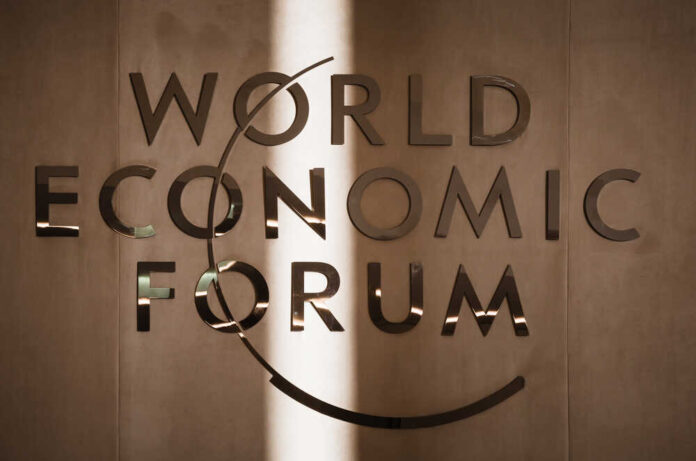
As the World Economic Forum’s (WEF) Annual Meeting of the New Champions (AMNC) unfolds in China, there’s renewed cause for concern over the group’s aggressive globalist and anti-American agenda. The specter of invasive technologies like brain chips and artificial intelligence (AI) and questionable environmental policies hang heavy over the event. The forum appears to be a potpourri of unscientific climate alarmism and potentially dangerous tech advancements.
At the forefront is the unnerving prospect of “brain-machine interfaces,” promising to connect our neural circuitry to external tech via microchips implanted in the brain. This and AI’s increasingly significant role in healthcare present a double-edged sword. On the one hand, it could bolster pandemic responses. Still, at the same time, it’s a potential breeding ground for an authoritarian nightmare, given the recent history of mishandled crises.
Brain Chips, AI, and Climate Doom: WEF’s China Conference Off to a Sketchy Start https://t.co/WDrtxQ00pI
— Dawn Starz 🇺🇸#FightLikeAFlynn #QVArmy (@dawnz01) June 27, 2023
Not surprisingly, the Chinese Communist Party (CCP), under whose watchful eye the conference is held, is co-chairing the event. The tendency for tech advancements to veer into an authoritarian direction seems quite apparent. The existence of AI models, such as ChatGPT, with alleged leftist and anti-Christian biases, also adds to the unease.
Regarding environmental policies, the WEF enthusiastically promotes the elusive goal of net-zero carbon emissions. Historically, such climate alarmist predictions have repeatedly proven flawed, making this promotion questionable. It’s worth noting that the carbon, which the WEF is so eager to reduce, is critical for plant survival and growth.
The idea of replacing reliable fossil fuels with so-called “clean” or “green” energy is also questionable, given their inefficiency and harmful environmental impact. The WEF’s vision of a ‘Great Reset’ may hinge on leveraging climate change narratives to shape a future where individual ownership and privacy are things of the past.
A recent article at the AMNC, revealing a 50% reduction in high-impact crime in Mexico City thanks to data usage, adds to the brewing skepticism. While data utilization may sound positive, its potential weaponization by governments against its citizens is a looming concern, especially given China’s history with political dissidents.
Chinese Premier Li Qiang struck an optimistic note at the AMNC for the CCP, maintaining that China is on track to meet its annual growth target of around 5%. He emphasized the importance of global cooperation on trade and economic growth, which ironically contrasts with the West’s growing concerns over China’s influence in these sectors.



























